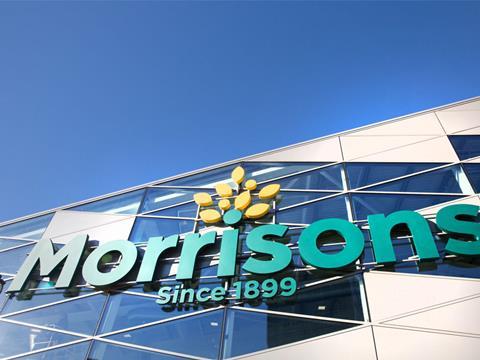
Morrisons has revealed its sales and profits fell last year even as it put prices up, blaming the slide on shoppers becoming “increasingly pessimistic” amid the rising cost of living and political uncertainty (The Guardian).
Profits at Morrison’s have fallen by 15% in its first year since being taken private, with City analysts suggesting that its £6.6bn of debts have left it less able to compete with cost-cutting rivals (The Times £).
The results rounded off a bleak period after it lost its position as one of the Big Four grocers in the UK, having been overtaken by Aldi (The Mail).
An editorial in The Guardian asks how much of Morrisons’ weak financial result was self-inflicted. “The grocer’s buyout by a US private equity firm in late 2021 was spectacularly badly timed,” the paper writes.
More than 300 jobs at Asda are at risk and 4,300 staff will receive a pay cut after the supermarket announced a swathe of changes to night shifts, Post Office outlets and pharmacies to cut costs (The Guardian).
The grocer is axing staff in its 23 in-store Post Office branches by a fifth and reducing the opening hours at four sites. It is also closing seven of its 254 pharmacies, which will see 14 pharmacists’ jobs cut (The Mail).
A total of 211 manager roles will be removed and a further 4,137 will staff lose out on pay premiums of at least £2.52 an hour under new proposals to switch some overnight restocking shifts to daytimes and evenings (The Financial Times £).
Read about the move in The Grocer here.
The Issa brothers’ petrol empire faces a growing risk of a ratings downgrade if it fails to address its £7bn debts by the end of June. Moody’s, the rating agency, has warned that “negative rating pressure could develop” if EG Group does not produce a plan for alleviating a debt pile that starts to mature in 2024 (The Times £).
A column in The Financial Times (£) explores why investors have largely shelved retail shares. “Shoppers have profited, but very few shareholders have,” the paper writes.
Diageo, the world’s biggest drinks company, bypassed the worst of the cost of living crisis in the first half as it revealed that it was 36% bigger than before the pandemic (The Times £).
The London-based group, which makes Tanqueray gin, Captain Morgan’s rum and Ketel One vodka, said organic net sales jumped 9.4% in the six months to 31 December, beating analyst forecasts for a 7.9% increase (The Mail).
Shares in Diageo fell after the maker of Johnnie Walker reported slowing growth in its key North American market, suggesting that drinkers are beginning to shun expensive spirits after a boom during lockdowns (The Financial Times £).
The Tempus shares column in The Times (£) takes a look at Diageo and declares the stock a ‘buy’. “The shares have the potential to produce consistent returns ahead of the market over the long term.”
Fever-Tree has become the latest company to point the finger at rail strikes as its British revenues went backwards last year for the first time since the Covid pandemic (The Times £).
Fever-Tree has warned soaring energy prices will directly contribute an extra £20m in estimated glass-making costs this year (The Mail).
The market report in The Times (£) focuses on Tate & Lyle and writes that the business has produced a ‘tasty recipe to beat inflation’ after shares jumped following a strong performance in the third quarter.
The UK competition watchdog is to examine potential greenwashing in the sale of food and other household essentials such as shampoo and toothpaste, expanding a crackdown that follows a proliferation of products sold as kinder to the environment (The Financial Times £).
Claims that products are “sustainable” or “better for the environment”, contain recycled materials or could be recycled will be scrutinised by the CMA as part of its greenwashing inquiry. Up to 91% of all dishwashing items and 100% of toilet products are marketed as green or environmentally friendly, the body said (The Telegraph).
Retail sales volumes dropped sharply at the start of the year and excess stock among retailers suggests that inflation in goods prices will continue to fall in the coming months, a new survey has found (The Times £).
The American economy continued to expand at a robust pace as 2022 drew to a close, exceeding expectations amid fears of recession (The Times £).







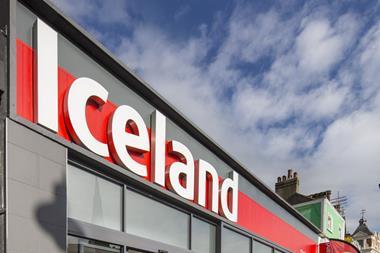
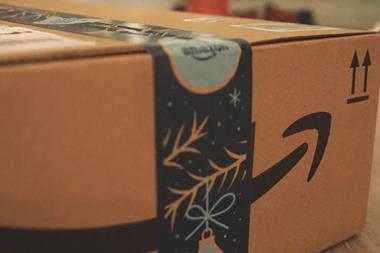
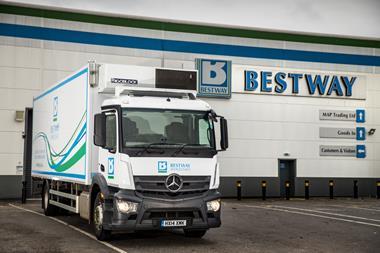
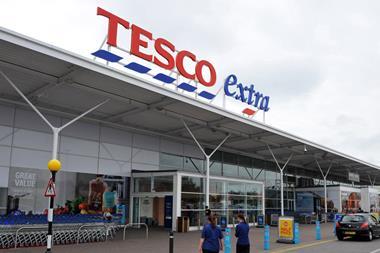
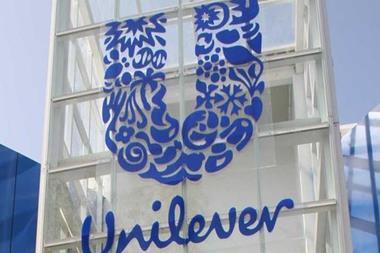
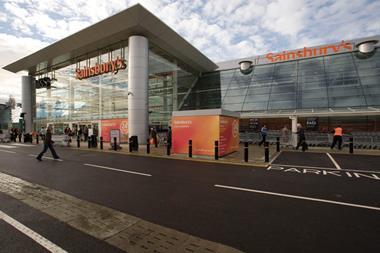






No comments yet